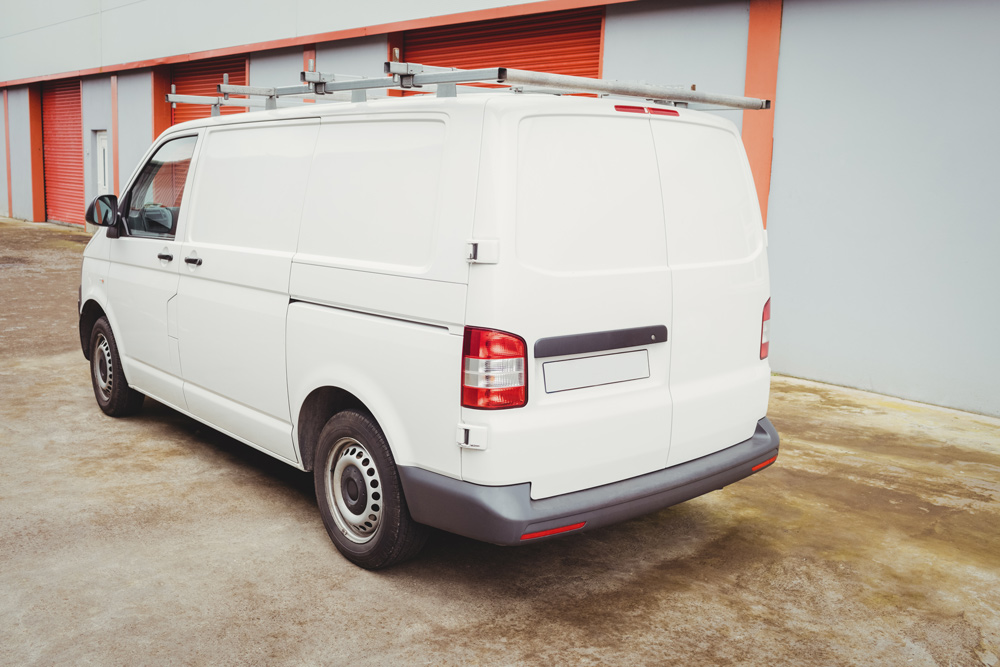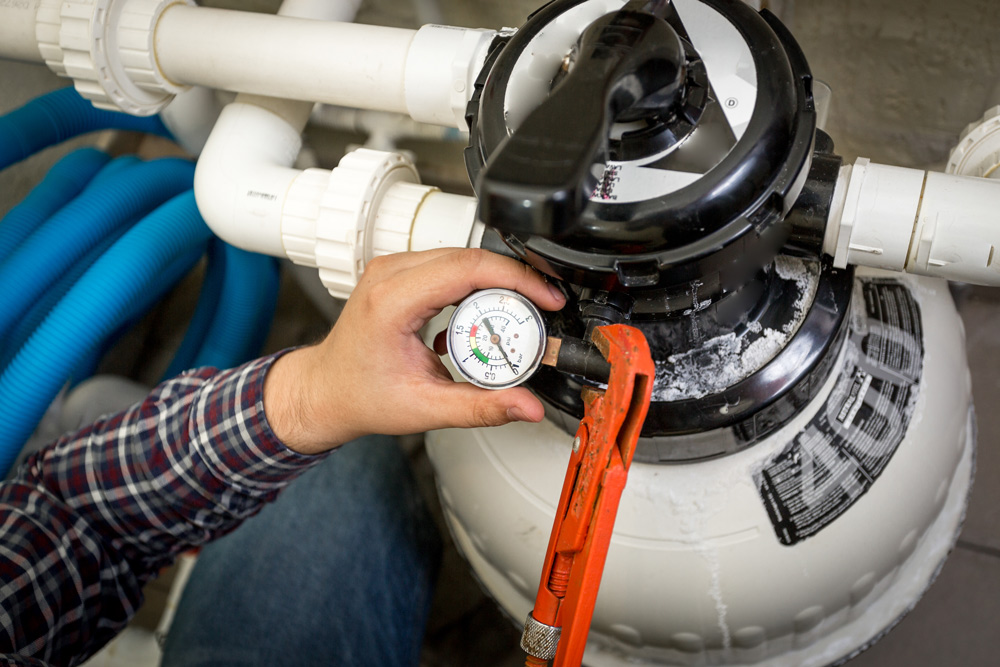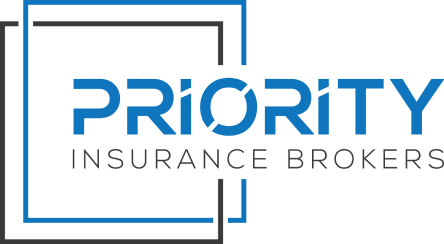Insurance For Plumbers: Securing Your Plumbing Business
As a plumber, running a successful business involves managing countless risks. You face liability claims, work-related injuries, property damage, and other consequences affecting your company’s financial health. With the right insurance policies, you can protect your business from these risks and safeguard your assets. In this blog post, we’ll take a closer look at insurance for plumbers, the benefits of each insurance type, and the costs you can expect to incur.
The Plumbing Business Landscape
The plumbing industry has been growing consistently over the years. The demand for plumbing services has increased because of a growing population and the need to update outdated infrastructure. New construction, remodelling projects, and emergencies keep plumbers busy year-round. However, with growth and demands come greater risks. Plumbing business owners face daily liabilities, such as bodily injury, property damage, and professional mistakes.
Business owners must recognise that investing in the right insurance is critical for their business’s success and longevity. The cost of damages and claims can easily put a plumbing business out of business. Insurance coverage is essential because it offers protection against liability, whether from the fault of your business, employee, or a third party.
There are several insurance types that plumbing businesses should consider. These include general liability insurance, workers’ compensation, commercial vehicle, and professional liability insurance. General liability insurance protects against third-party claims for bodily injury or damage (such as a leak that damages a client’s property). Workers’ compensation covers employees who might get hurt while at work. Commercial vehicle insurance covers plumbing vehicles and accidents that may happen while performing plumbing services off-site. Professional liability insurance protects businesses from any claims brought against them that arise from errors and omissions while working.
Another essential insurance type that plumbing businesses need is business interruption insurance. Business interruption insurance helps protect businesses from financial loss due to unexpected operational interruptions, such as the aftermath of a natural disaster or other unexpected event. This coverage can help keep a plumbing business afloat while it regains its footing and begins operating again.
Types of Insurance for Plumbers
Commercial Auto Insurance
You will need commercial auto insurance if you or your employees use vehicles for business, such as transporting equipment or visiting job sites. This insurance can cover the damages to the vehicle, third-party injuries, and other related expenses.
Professional Liability Insurance
Also known as errors and omissions insurance, professional liability insurance can protect your plumbing business from claims of negligence, mistakes, or omissions. If your plumbing work causes damage to a client’s property or results in financial losses, professional liability insurance can cover the legal costs and compensation judgments.
Equipment Breakdown Coverage
Your plumbing business relies on various equipment and tools, such as pumps, compressors, and generators. An unexpected breakdown in this equipment could lead to long service delays and business interruptions. Machinery breakdown insurance can help you repair or replace damaged equipment and help you recover lost income.
Vehicle Insurance: A Necessity for Plumbers

What Does Vehicle Insurance Cover?
Vehicle insurance for plumbing businesses usually covers the following: liability coverage, collision coverage, comprehensive coverage, and uninsured/underinsured motorist coverage. Liability coverage pays for bodily injury and property damage caused by the insured vehicle. Collision coverage reimburses the costs of damages caused by a collision with another vehicle or object. Comprehensive coverage covers non-collision damages such as theft, fire, and vandalism. Uninsured/underinsured motorist coverage provides protection when an uninsured or underinsured driver causes an accident.
Factors Affecting the Cost of Vehicle Insurance
Several factors affect the cost of vehicle insurance, such as the type of vehicle, driving record, location, insurance history, and coverage limits. Insuring commercial vehicles may cost more than insuring personal vehicles due to the nature of business use. Plumbing businesses with a history of claims or accidents will likely pay higher insurance premiums. Additionally, businesses located in high-risk areas may have higher insurance rates than low-risk areas.
Finding the Right Insurance Company
Choosing the right Plumbing insurance company that offers affordable premiums and comprehensive coverage is important. To find the best insurance company for your plumbing business, you should ask for referrals from other business owners or check online reviews. You should also compare quotes from different insurance companies and evaluate their coverage options. A reliable insurance agent can provide guidance and help you make an informed decision.
Discounts and Savings
Many insurance companies offer discounts for plumbers that implement safety protocols such as driver training, GPS tracking, and regular maintenance of vehicles. Bundling insurance policies may also result in savings. You should reach out to your insurance agent to see what discounts are available for your plumbing business.
The Importance of Securing Your Plumbing Business
Securing your plumbing business with the right vehicle insurance helps protect you from unforeseen risks. In case of an accident, vehicle insurance can cover repair costs, medical expenses, and litigation. Without insurance coverage, your business may face financial loss and damaged reputation. Furthermore, vehicle insurance can help ensure that your plumbing business complies with state laws on commercial vehicle insurance.
Professional Indemnity Insurance: Shielding Your Expertise
The plumbing industry is not without its fair share of risks. In your line of work, you are likely to encounter many unforeseen events, and mistakes are bound to happen. That’s where professional indemnity insurance comes in. Not only does it give your customers peace of mind knowing they are protected, but it protects you as well in case something goes wrong. In essence, it covers any losses or damages arising from a failure to perform professional duties with due care and skill.
Aside from the obvious risks and damages during a plumbing job, the smallest things can have life-changing effects. For example, if a customer were to slip and fall on your recently cleaned floor, they could sue you for damages. In addition, if a customer experienced significant flood damage caused by a plumbing leak, they could sue you for the cost of repairs, which could be hundreds of thousands of dollars. Having the right professional indemnity insurance coverage can help mitigate these damages and provide your business with the financial protection it needs.
As a plumber, you are constantly interacting with your customers. Whether inspecting a job, handling customer complaints, or providing after-care follow-up – all of these activities have one thing in common – the possibility of human error. In the event of a customer dispute or claim against your plumbing business, professional indemnity insurance steps in, offering your business and reputation much-needed protection. This type of coverage ensures that you are protected in any legal action, including lawsuits that could otherwise cripple your business.
In addition, as the plumbing industry continues to evolve, so do the risks involved. One of the most common risks is cyber threats. As technology evolves and businesses operate online, you are vulnerable to data breaches and cyber-attacks. Professional indemnity insurance will cover any damages, expenses, or losses resulting from these sorts of threats. This includes network security breaches, theft of electronic information, and even ransomware attacks.
Customising Your Insurance Policy: Tailoring to Your Needs

Understand Your Risks
Before you can customise your insurance policy, it’s important to understand what risks you are trying to protect against. As a plumbing business owner, you are exposed to various risks, such as property damage, bodily injury, and professional liability. Taking the time to assess your risks can help you determine what types of insurance coverage and how much you need.
Types of Insurance Coverage
Several types of insurance coverage are available to plumbing businesses, including general liability insurance, commercial auto insurance, workers’ compensation insurance, and professional liability insurance. General liability insurance can protect you from claims of bodily injury or property damage caused by your business. Commercial auto insurance can protect your company’s vehicles and drivers. Workers’ compensation insurance can cover medical expenses and lost wages for your employees who are injured on the job. And professional liability insurance can protect you from claims of negligence, errors, or omissions in your work.
Create a Customised Insurance Plan
Once you understand your risks and the types of insurance coverage available, you can start creating a customised insurance plan that meets your specific needs. For example, if you are a one-person business, you may not need workers’ compensation insurance. Or, if you own a fleet of vehicles, you may need more extensive commercial auto insurance coverage. Make sure to work with an experienced insurance agent who can help you tailor your coverage to your needs.
Benefits and Potential Savings
You can benefit from increased coverage and potential cost savings by creating a customised insurance plan. For example, bundling your insurance policies with the same provider can often lead to lower premiums. You can also save money by choosing a higher deductible or taking advantage of discounts for safety training or low claims history. Additionally, a tailored insurance plan can give you peace of mind, knowing that your business is protected against the specific risks you face.
Review and Update Your Insurance Plan Regularly
As your plumbing business grows and changes, so do your insurance needs. It’s important to review your insurance plan regularly to ensure it still meets your needs and update your coverage as necessary. For example, if you expand your business to a new location, you may need additional coverage. Or, if you purchase new equipment, you may need to increase your property damage coverage.
Claiming Insurance: What You Need to Know
Determine the type of insurance policy you have
The first step to filing an insurance claim is to determine your policy type. If you have a standard business insurance policy, it will typically cover general liability, property damage, and workers’ compensation. However, it is always best to review your policy to determine your exact coverage. Knowing what your insurance policy covers will help streamline the claim process and prevent any confusion or delays.
Gather all necessary documentation.
Before filing a claim, gathering all the necessary documentation is essential. This includes any receipts, invoices, and photographs of damages or injuries. It is also important to report the incident as soon as possible to your insurance provider. Delaying the process could make collecting the evidence and necessary information for your claim easier. It is also strongly suggested to take photographs or footage of the incident.
Follow the correct procedures and guidelines.
Each insurance provider has its procedures and guidelines for filing claims. It is important to review your policy and follow the instructions provided carefully. This may include completing specific claim forms, contacting your insurance provider directly, and answering questions about the incident or damages. Following the correct procedures and guidelines increases the likelihood of a hassle-free and successful claim.
Be honest and transparent.
Honesty is always the best policy when filing an insurance claim. Providing accurate and honest information about the incident or damages is essential to ensure the claim process goes smoothly. Providing false information or misrepresenting the incident could make your claim denied altogether. Therefore, it is important to be transparent and truthful when filing a claim.
Cooperate with the insurance provider.
Lastly, it is important to cooperate with your insurance provider during the claim process. Be responsive to phone calls or emails and promptly provide any additional information requested. Show cooperation and willingness to work with your provider to ensure a smooth and successful claim.
Conclusion
In conclusion, plumbing business owners should invest in adequate insurance coverage to ensure that they are well protected against the various risks that the industry entails. By selecting the appropriate insurance policies, plumbing businesses can control costs, minimise risks, and sustain the quality services that their customers demand. Consult an experienced business insurance broker, such as priority insurance brokers, to develop customised coverage tailored to your business’s needs.
Frequently Asked Questions
How much public liability insurance do I need as a landlord?
The amount of public liability insurance you need as a landlord depends on the size and complexity of your rental property operations. Generally, purchasing at least $1 million in coverage is recommended to protect yourself from legal claims related to accidental bodily injury or property damage caused by your tenants or their guests.
How much is public liability insurance for a small business?
The cost of public liability insurance for a small business depends on the type and scope of your operations. Generally, you can expect to pay between $300 and $1,500 annually for coverage that includes up to $2 million in protection. Higher limits are available if needed.
How much do lawyers charge for insurance claims?
The cost of hiring a lawyer for an insurance claim will vary depending on the type of claim and the case’s complexity. Most lawyers will charge an hourly rate plus additional expenses associated with the case. Be sure to ask about fees upfront before signing any agreements.
How much is public liability insurance for a cleaner?
Public liability insurance for a cleaner is typically quite affordable. Depending on the type of cleaning services provided, coverage can start around $300 per year with up to $2 million in protection from accidental bodily injury or property damage claims.







